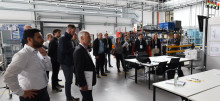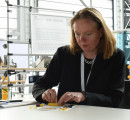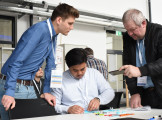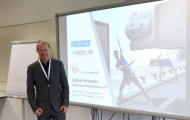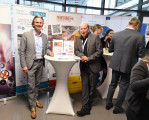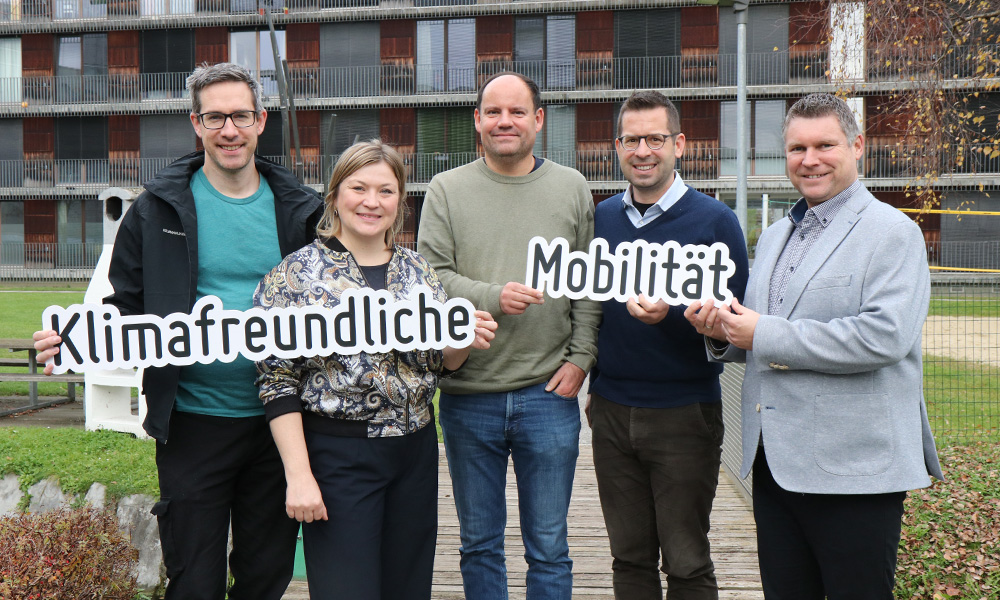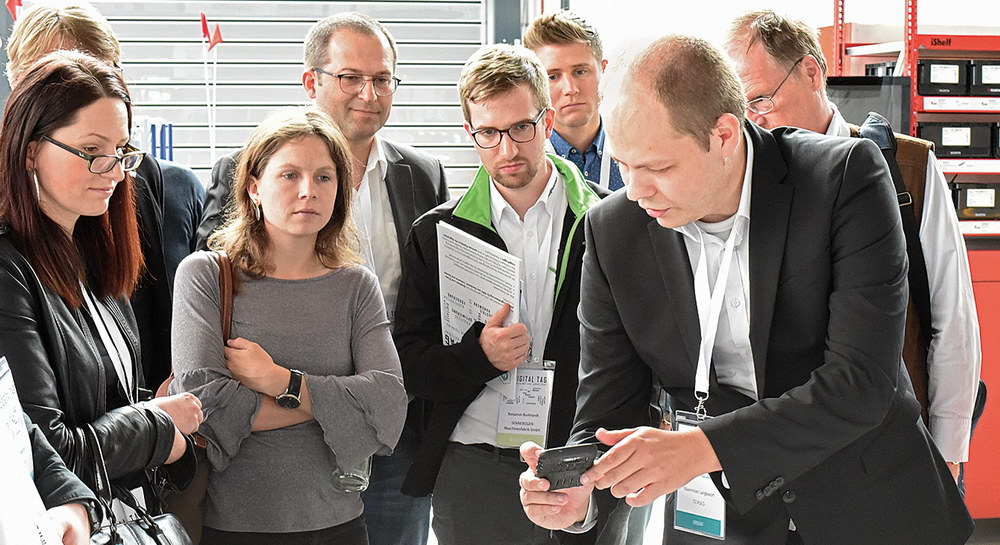
Digital Strategy Depends on the Conpany Goal
What and how quickly a company digitizes depends on the company’s goals. This was demonstrated by Georg Güntner from Salzburg Research Forschungsgesellschaft m.b.H. (Salzburg Research) and Max Langewort from the University of Landshut at a business event in the Technology Center Dingolfing. The technology education center is just like Salzburg Research Partner in the digitization project SME 4.0 via the University of Landshut.
Virtual Reality or a Digital Product – Individual Solutions
In the SME 4.0 project, Salzburg Research, the Berchtesgadener Land Wirtschafsservice GmbH (BGLW) and other partners support companies on their individual path to digitization. “A look into reality shows that only very few companies strategically approach necessary digital change processes”, said Georg Güntner at the beginning of the event. A clear corporate strategy leads to goals from which digitization measures are derived. Güntner: “The procedure is always the same. It does not matter where the company stands or how strong its degree of digitization is.“ According to Güntner, strategy includes the formulation of strategic goals and the development of measures to achieve these goals. Operatively, it is often about the integration of existing data pools and the analysis and optimization of current processes. Whether plants, processes or products: the possibilities are numerous and every company has its own, individual way.
Virtual and Augmented Reality Save on Production Costs
Max Langewort explained the advantages of Augmented Reality and Virtual Reality for factory planning and work processes of a company as digitization examples. By augmenting reality, a person receives computer-aided additional information in addition to the perception of the real environment. For example, a mechanic receives work instructions via data glasses. The parts of the machine are labelled there and the machine repair process is specified step by step. Virtual reality completely maps work processes. It can be used for training purposes or to build a factory. “Here mistakes are possible without having fatal consequences”, emphasized Langewort. He illustrated this with the example of a data glasses, which are used to control machines virtually digitally. The most favourable position is sounded out and possible negative consequences are detected. Finally, the participants themselves tested the augmented reality features. They built Lego models with digital guidance using an app programmed by Max Langewort.
About the Project: SME 4.0
 Support of small and medium-sized companies on topics related to digital transformation and Industry 4.0. innovation support for SMEs through science, research and technology transfer in the border region of Bavaria-Austria. SME 4.0 is supported by the support program Interreg Bavaria-Austria 2014-2020.
Support of small and medium-sized companies on topics related to digital transformation and Industry 4.0. innovation support for SMEs through science, research and technology transfer in the border region of Bavaria-Austria. SME 4.0 is supported by the support program Interreg Bavaria-Austria 2014-2020.
More information and further dates:
Photos: (c) BGLW

